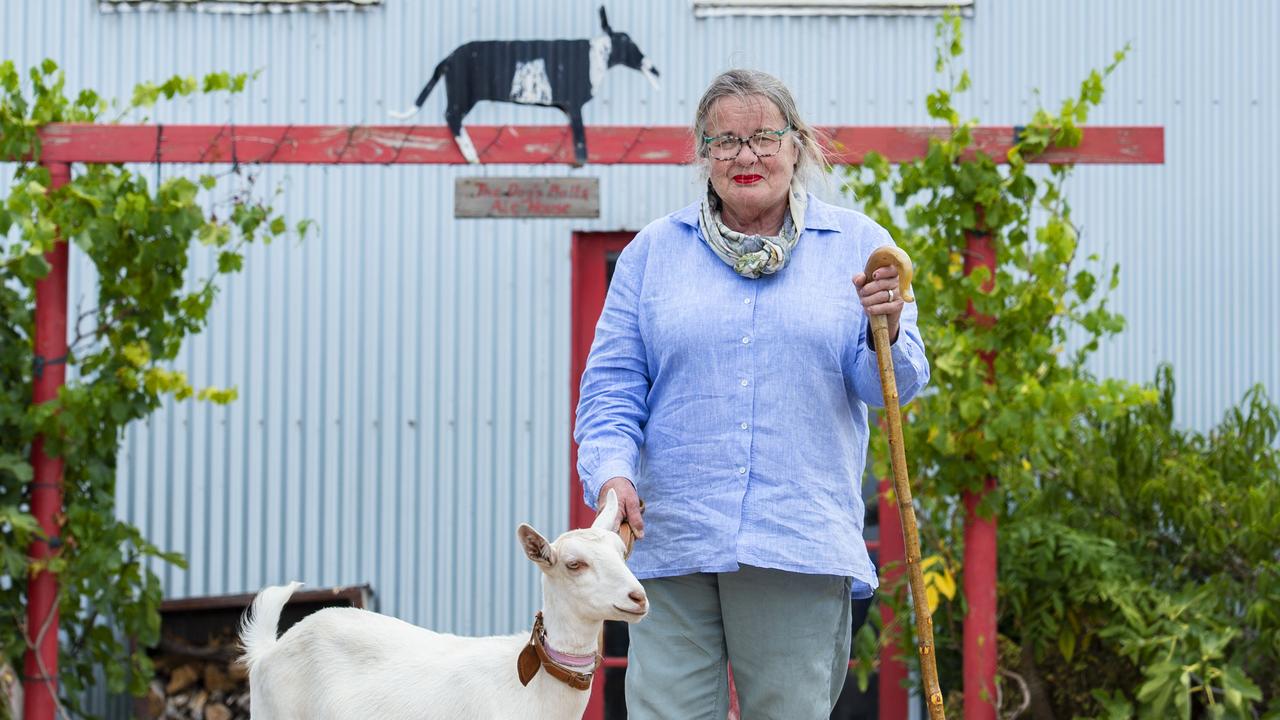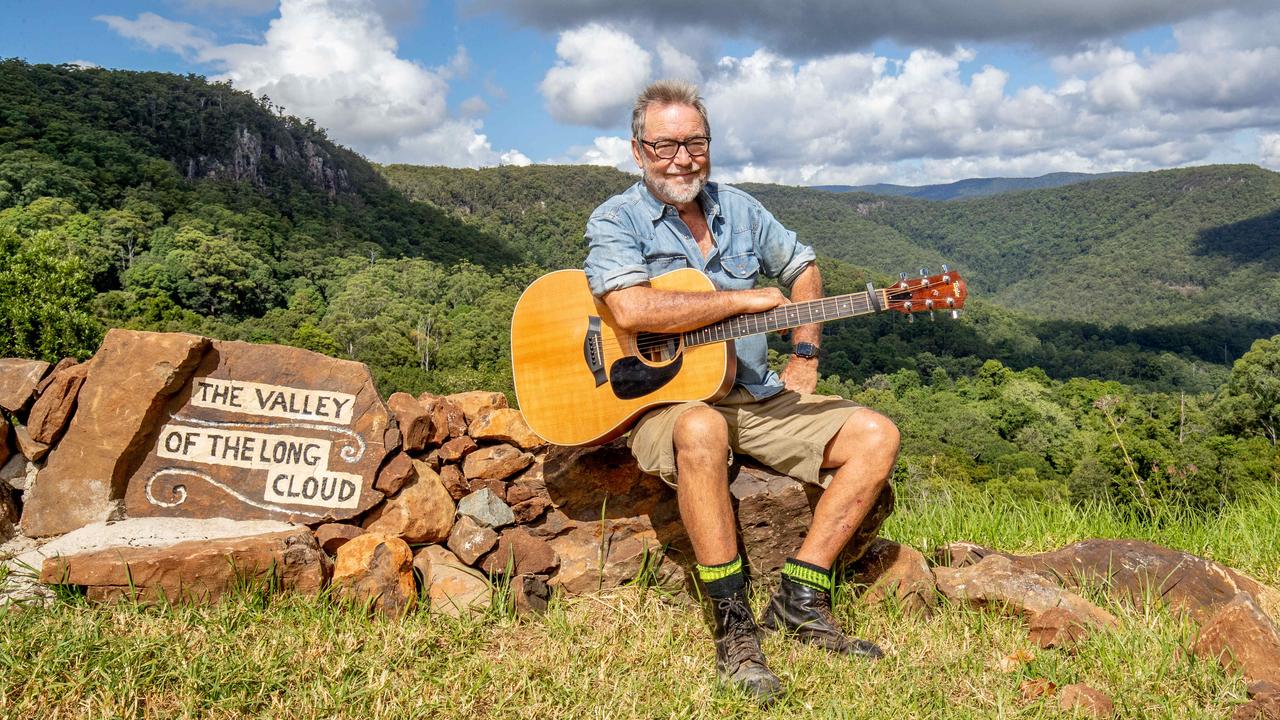Lions Licola Village’s work with socially-disadvantaged kids
The Lions Club turned a remote East Gippsland sawmill town into a haven dedicated to improving lives, especially those of underprivileged and socially-disadvantaged kids. This is how.

BEING the only privately owned town in Victoria is not Licola’s sole claim to fame.
Since the Lions Club bought the 14ha site 50 years ago — which at the time was a remote East Gippsland sawmill town — the Lions Licola Village has been dedicated to improving lives, especially those of underprivileged and socially-disadvantaged kids.
Manager Nuala Cunningham says for a tiny, remote town at the foothills of the Alpine National Park, Licola has a powerful impact.
“The magic of this town is that we provide the opportunity for people to learn about themselves in a safe and fun environment,” Nuala says.
“It’s about getting out of your comfort zone, just taking little steps to show you can do more than you realise.
“Just to see, for example, a child in a wheelchair hoisted on the flying fox and for a moment forgetting any limitation is heartwarming.”
Each year Lions Licola Village, a registered charity, hosts up to 1000 disadvantaged kids aged eight or older. That’s in addition to 1000 pupils from private and public schools, as well as about 4000 others including families, clubs and university groups. The village has 16 weatherboard houses — some of which are original to the old mining town — and can sleep up to 270, with an adjoining dining hall that can seat 250.
Basic, free activities range from low ropes to mini golf, while those needing a qualified instructor include the giant swing or canoeing.
There are five permanent staff, which expands to about 20, including outdoor instructors and catering staff, for big groups.
“We have a program for at-risk 13 to 17-year-olds — kids who are starting to disengage from the community and school — where they go out in the bush for nine days to help them figure out a way to manage and cope,” says Nuala, who began working in Licola as an outdoor instructor in 2016.

“Just being in the bush they start to relax, learn they are worth something, see different ways to react to circumstances other than physical or verbal violence, and how they can find a place to relax in back home.”
Licola village is self-sufficient; solar-powered, capturing rain water and using flows from the nearby Macalister River.
And there is no mobile phone reception or internet for visitors.
“Generally for the first 24 hours the lack of phones and internet is a hot topic for kids, but it becomes a tool, showing how — without that distraction — they are able to achieve more,” Nuala says.
Drive up Licola Road, cross an old wooden bridge and you get to the Lions village, on the left, while on the right there is a CFA station (the captain lives at Traralgon, about 80 minutes away) as well as a hall, park, shop and caravan park (the freehold is owned by Lions, but the businesses are run by private owners).
The nearest main town is Heyfield, about 50 minutes south, which supplies the village’s fresh food.
If you keep driving north, Licola Road becomes gravel for about 90km before reaching Jamieson and Mansfield.
“They shut the road over winter because it snows, there’s no reception and the drop off is huge,” 32-year-old Nuala adds.
Licola was originally the point where cattlemen drove their stock into the high country for summer grazing, but it was in 1949 that Saxton’s Timber Company began logging eucalypt and Alpine ash until it closed in the 1960s.
It was then that a former international director of the service organisation Lions, Ian Stockdale, purchased the sawmill site for £20,000.
“Even then he had the vision to create a youth camp for the disadvantaged and disabled,” Nuala says.
Officially opened to the public in 1973, the village has ever since dedicated itself mainly to underprivileged children, itself at times facing huge obstacles.
“In 2006 and ’07 it had a series of natural disasters, started by a bushfire coming to our back door, then that was followed by a mudslide, and two floods, and so a lot of the village had to be rebuilt,” Nuala says.
“In the past few years we’ve become more profitable, with all money going back into the village, sponsoring children to come and stay.”
Last year the Lions celebrated the 50th anniversary of the wilderness village, even including Ian’s sons, as well as Lions members from across Victoria and southern NSW who had helped run and build Licola through the decades.
“The big message for me that came out of the anniversary celebrations was how much generosity can drive something like this,” Nuala says.
“Since it was purchased, Licola has been run by volunteers and donations.
“Volunteers came up here and were all pointing to buildings they had painted or worked on. It’s amazing the connection this place has.
“For me personally, I’ve had some of the most heartwarming experiences of my life here.”
MORE
ANGUS LANE’S LOVE OF THE AG SHOW RING


